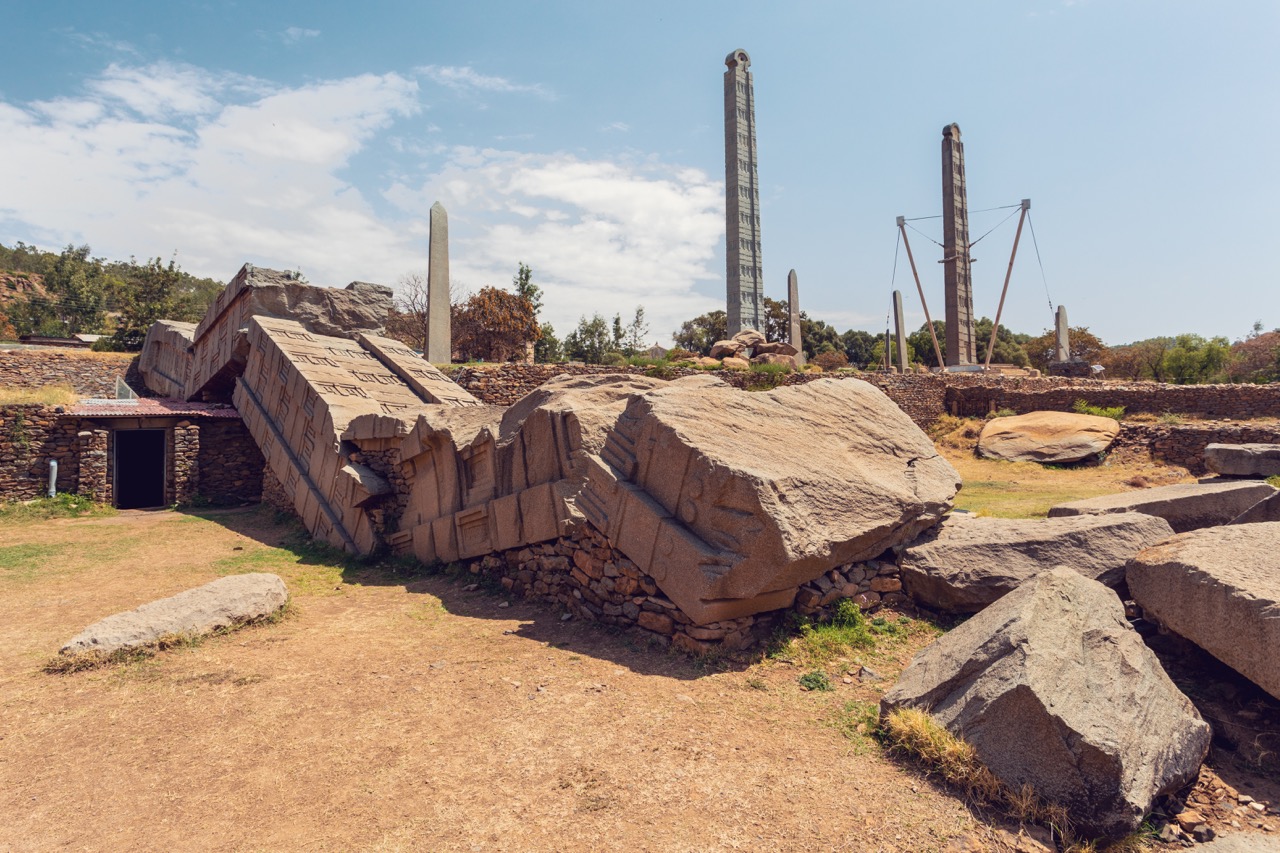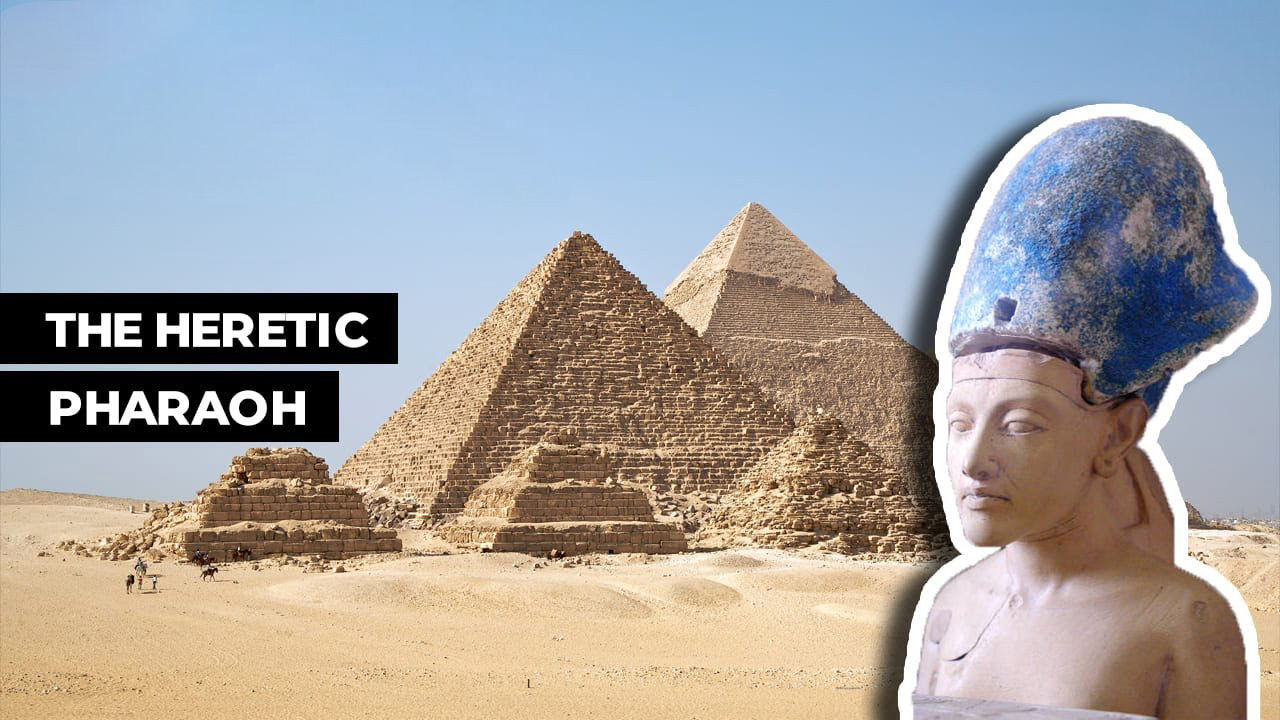The Lost Kingdom of Aksum, a once-mighty empire that dominated trade routes and commanded vast territories, has captivated historians and explorers for centuries. This ancient kingdom, nestled in present-day Ethiopia, was a powerhouse in its heyday, rivaling the likes of Rome and Persia. This article delves into the fascinating history of the Aksumite Empire, exploring its rise, fall, and enduring legacy.
The Rise of Aksum: A Powerhouse in the Making
The Kingdom of Aksum began its ascent around the 1st century AD, gradually emerging as a formidable force in the Red Sea and Horn of Africa region. Its strategic location, straddling vital trade routes between the Mediterranean, India, and the Arabian Peninsula, allowed the Aksumites to amass considerable wealth and power. By the 4th century AD, Aksum had become one of the most influential empires in the world, with its influence stretching from present-day Eritrea to Sudan.
The Aksumite Golden Age: At the Pinnacle of Power
During its Golden Age, which spanned from the 4th to the 7th century AD, the Aksumite Empire reached the zenith of its power. The empire’s rulers, known as the Negus or King of Kings, solidified their hold over vast territories and established diplomatic relations with other major powers, such as the Roman Empire and Persia. The Aksumites’ vast trade network facilitated the exchange of goods, ideas, and technology, contributing to the flourishing of Aksumite art, architecture, and culture.
At the heart of the Aksumite Empire lay its capital, Aksum, which boasted grand palaces, monumental obelisks, and advanced infrastructure. The most famous of these structures were the stelae, towering stone obelisks that served as both grave markers and symbols of power. The largest of these, the Great Stele, stood at a staggering 108 feet tall and weighed around 520 tons, a testament to the architectural prowess of the Aksumites.
Religion and Culture: The Aksumite Conversion to Christianity
In the 4th century AD, under the reign of King Ezana, the Kingdom of Aksum underwent a significant transformation when it embraced Christianity as its official religion. As one of the first African states to do so, Aksum became a bastion of Christianity in the region, eventually shaping the religious landscape of present-day Ethiopia. The Aksumites built numerous churches and monasteries, some of which, like the Church of Our Lady Mary of Zion, continues to be revered today.
The Decline and Fall of the Aksumite Empire
The Aksumite Empire’s decline began around the 7th century AD, due in part to the rise of Islam and the disruption of the Red Sea trade routes that had been the lifeblood of the empire. The loss of trade revenue and the ensuing economic downturn weakened the empire, making it susceptible to internal strife and external aggression. By the 10th century, the once-great Kingdom of Aksum had all but disintegrated, leaving behind a fractured landscape of smaller kingdoms and fiefdoms.
The Legacy of the Lost Kingdom of Aksum
Though the Aksumite Empire has faded into the annals of history, its legacy lives on in modern Ethiopia and Eritrea. The Ge’ez script, which originated in Aksum, remains the liturgical language of the Ethiopian Orthodox Tewahedo Church and the Eritrean Orthodox Tewahedo Church. Moreover, the Solomonic Dynasty, which ruled Ethiopia until the 20th century, claimed descent from the Aksumite kings, thus reinforcing the cultural and historical ties between the lost empire and contemporary Ethiopia.
Recent archaeological discoveries have shed new light on the Aksumite Empire, unearthing precious artifacts, inscriptions, and architectural marvels that provide a glimpse into this long-lost kingdom. These discoveries have fueled a renewed interest in the study of the Aksumite civilization, attracting scholars, researchers, and tourists alike to the region.
Rediscovering the Splendor of Aksum
The Lost Kingdom of Aksum, with its rich history and enduring cultural impact, stands as a testament to the ingenuity, power, and ambition of an ancient African empire. As archaeologists continue to unearth the secrets of this forgotten civilization, the legacy of the Aksumite Empire will undoubtedly continue to captivate the world for generations to come.
I am the Librarian, and I, together with the guardians of the Ancient Library, curate content for this site. Welcome, and enjoy your stay.
-
The Librarianhttps://ancient-library.com/author/ivan/
-
The Librarianhttps://ancient-library.com/author/ivan/
-
The Librarianhttps://ancient-library.com/author/ivan/
-
The Librarianhttps://ancient-library.com/author/ivan/





